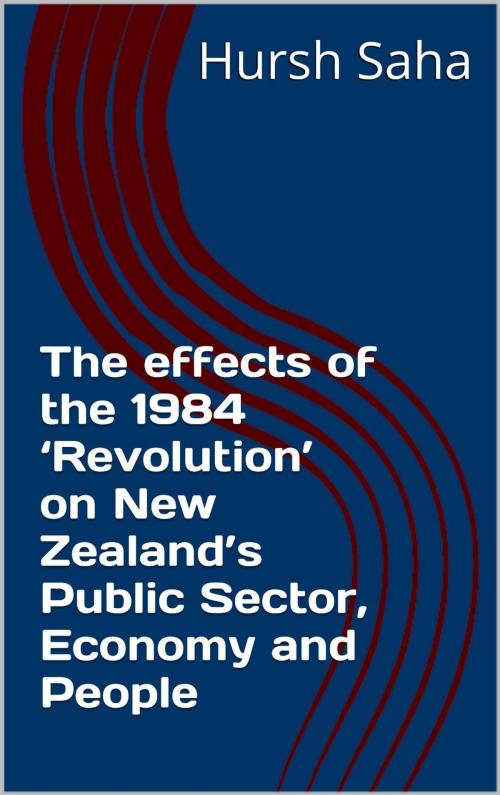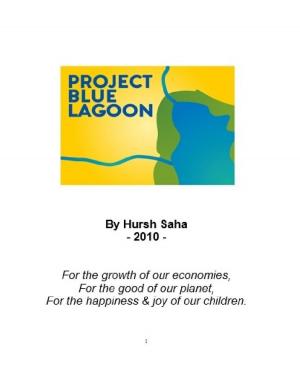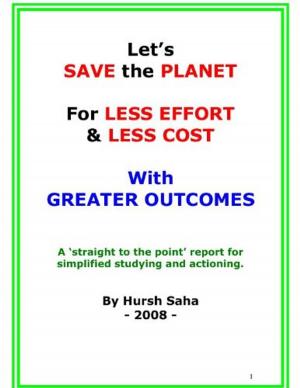The effects of the 1984 'Revolution' on New Zealand's Public Sector, Economy and People
Business & Finance, Accounting| Author: | Hursh Saha | ISBN: | 1230000284199 |
| Publisher: | Hursh Saha | Publication: | May 1, 2006 |
| Imprint: | Language: | English |
| Author: | Hursh Saha |
| ISBN: | 1230000284199 |
| Publisher: | Hursh Saha |
| Publication: | May 1, 2006 |
| Imprint: | |
| Language: | English |
University Accounting Honours Essay
The purpose of this research paper is to examine the overall effects of the 1984 public sector reforms on New Zealand’s public sector, economy and people. To start off with there is a brief history of NZ in the decades leading to the reforms and a description of what occurred during the reforms themselves. Then the Treasury Review Paper of 2001 is used to decipher both the positive and negative effects of the reforms on the public sector. This particular paper is used because it is a great source of information for this area. Two articles are then used to describe the overall effects on the economy, categorized according to macroeconomic measures which. They were chosen because one is positive in view and the other is negative. After that, a detailed interview of five New Zealanders (all with different backgrounds) who lived in NZ during the reforms is used to evaluate the effects of the reforms on the NZ people. Lastly, an integrated summary and conclusion will be presented to neatly wrap everything up.
University Accounting Honours Essay
The purpose of this research paper is to examine the overall effects of the 1984 public sector reforms on New Zealand’s public sector, economy and people. To start off with there is a brief history of NZ in the decades leading to the reforms and a description of what occurred during the reforms themselves. Then the Treasury Review Paper of 2001 is used to decipher both the positive and negative effects of the reforms on the public sector. This particular paper is used because it is a great source of information for this area. Two articles are then used to describe the overall effects on the economy, categorized according to macroeconomic measures which. They were chosen because one is positive in view and the other is negative. After that, a detailed interview of five New Zealanders (all with different backgrounds) who lived in NZ during the reforms is used to evaluate the effects of the reforms on the NZ people. Lastly, an integrated summary and conclusion will be presented to neatly wrap everything up.















